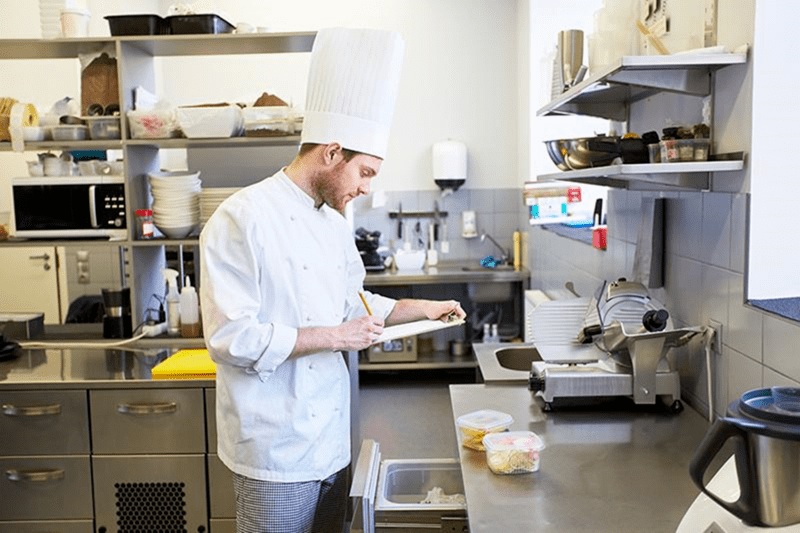As a restaurant owner or manager, it's your job to make sure the food that leaves your kitchen is not only delicious, but safe to eat. Unsanitary conditions and pest infestations can lead to serious foodborne illnesses including salmonella, E. coli and Listeria, which is why restaurants are required to pass regular health inspections.

As long as you have a diligent sanitation and pest control system in place, you should have no problem passing your next health inspection with flying colors. Here's what to keep in mind:
What is a Restaurant Health Inspection?
There are three different types of inspections conducted by local and state health departments. The most common is a routine inspection that could happen every 6 to 18 months. The frequency is determined by a list of risk factors laid out by the FDA that can include the type of food you serve, and your compliance history. The other two types of inspections are follow-ups to check on the resolution of previous violations and inspections triggered by a customer complaint.
Need pest control services for your restaurant? Find out how we can help.
What Happens During a Routine Restaurant Health Inspection?
To get an accurate picture of a restaurant's typical practices, a health inspection will happen without advanced notice. The health inspector will have a list of items to check during the visit, including:
- Employee hygiene practices such as hand washing and glove use
- The temperatures of different types of stored food including meat, produce and dairy
- Food prep practices such as defrosting guidelines and avoidance of cross-contamination
- The condition of equipment, appliances, dishwashing sinks and utensils
A passing grade means the inspector is satisfied that you're practicing proper food safety guidelines on the day of the visit but it's important to maintain these standards every single day. Food safety protects your business, your staff, and your customers.
How Pests Can Hurt Your Chances of Passing a Health Inspection
If a cockroach skitters by in the dining room or a rodent scurries along a shelf in the kitchen during a health inspection, the inspector will be on the lookout for other signs of a pest infestation and chances are your restaurant will face negative consequences. The categorization of violations varies from state to state and even city to city, but a pest infestation is universally considered serious.
Insects and rodents may carry disease-causing pathogens and can potentially contaminate the food you're serving and make your customers sick. Their presence is also like a blinking neon sign that you aren't following proper food storage and sanitation protocols and you can be sure that a health inspector will take notice.
Pest-related violations that signal an infestation can include:
- Seeing at least one live insect or rodent
- Cockroach or rodent feces
- Chewed food packaging
The importance of ongoing pest control
Pest control for restaurants shouldn't be a one and done kind of thing. With food coming in and out every single day, it's essential that you have a system for keeping everything clean and nipping potential infestations in the bud. That way you'll always be prepared for a surprise health inspector visit.
A professional service provider can help you integrate best practices for pest control into your regular routine. Consider having a professional do a sweep of your entire restaurant on a regular basis to ensure you're catching any possible pest problems early.
If you have a follow-up inspection coming up, consider calling in a pest control professional to help ensure that you're all clear on the pest front.
Be prepared for unannounced routine inspections anytime. Call us at 877.837.6464 to schedule service or request a free quote.



